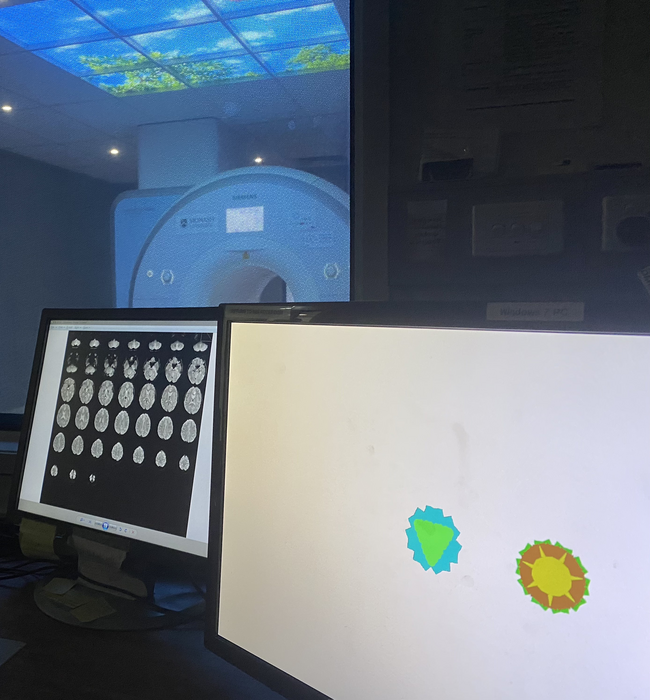Shinsuke Suzuki at The University of Melbourne, Australia reports distinct patterns of reward-seeking behavior between obsessive compulsive disorder (OCD) and problem gambling, in a study publishing in the open access journal PLOS Biology on March 14th. OCD is associated with lower-than-normal learning rates when rewards are less than expected. On the other hand, people with problem gambling exhibit boosted and blunted learning from rewards higher and lower than expected, respectively.

Credit: Chao Suo (CC-BY 4.0, https://creativecommons.org/licenses/by/4.0/)
Shinsuke Suzuki at The University of Melbourne, Australia reports distinct patterns of reward-seeking behavior between obsessive compulsive disorder (OCD) and problem gambling, in a study publishing in the open access journal PLOS Biology on March 14th. OCD is associated with lower-than-normal learning rates when rewards are less than expected. On the other hand, people with problem gambling exhibit boosted and blunted learning from rewards higher and lower than expected, respectively.
Understanding the differences between obsessive and addictive behaviors is essential for developing treatments for conditions like problem gambling and OCD. Although these conditions share characteristics such as behavioral inflexibility, their distinctness might be related to differences in how reward-based learning is processed in the brain.
The group of researchers approached this problem by modeling learning behavior and its associated brain activity. Healthy controls and people with either OCD or problem gambling performed a reinforcement-learning task while their brain activity was recorded with fMRI. The analysis focused on how each group learned when the outcomes differed from what they expected, a measure known as prediction error.
Behaviorally, the researchers found that when seeking rewards, people with OCD did not learn as well as controls when the rewards were less than expected. This was reflected by lower-than-normal negative prediction errors encoded in the dorsomedial prefrontal cortex and dorsal striatum. In addition to this kind of “under-learning,” people with problem gambling also displayed “over-learning” when the rewards were higher than expected. For these individuals, activity in the anterior insula reflected the higher-than-normal positive prediction errors. In contrast to these differences in reward-seeking behavior, neither group differed from controls when asked to avoid undesirable outcomes.
The study highlights the benefits of using a neurocomputational approach to studying psychiatric disorders. By teasing apart differences in positive/negative reinforcement learning, this approach can help discern subtle differences between conditions, which could point toward different treatment approaches.
Suzuki adds, “Individuals with problem gambling and obsessive-compulsive disorder show distinct patterns of learning from better- and worse-than-expected outcomes.”
#####
In your coverage, please use this URL to provide access to the freely available paper in PLOS Biology: http://journals.plos.org/plosbiology/article?id=10.1371/journal.pbio.3002031
Citation: Suzuki S, Zhang X, Dezfouli A, Braganza L, Fulcher BD, Parkes L, et al. (2023) Individuals with problem gambling and obsessive-compulsive disorder learn through distinct reinforcement mechanisms. PLoS Biol 21(3): e3002031. https://doi.org/10.1371/journal.pbio.3002031
Author Countries: Australia, Japan, United States of America
Funding: This work was supported by the National Health and Medical Research Council of Australia (APP236175 to M.Y.). The funder had no role in study design, data collection and analysis, decision to publish, or preparation of the manuscript.
Journal
PLoS Biology
DOI
10.1371/journal.pbio.3002031
Method of Research
Experimental study
Subject of Research
People
COI Statement
Competing Interests: see manuscript




